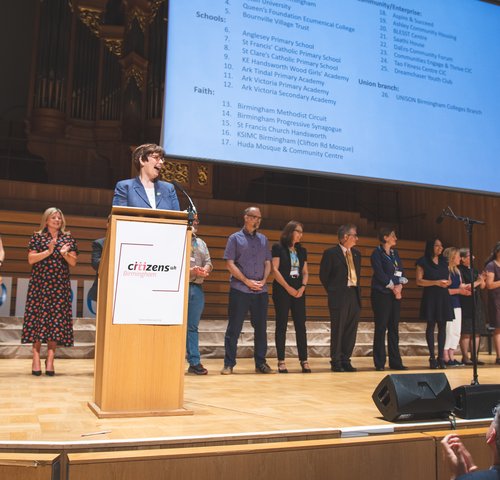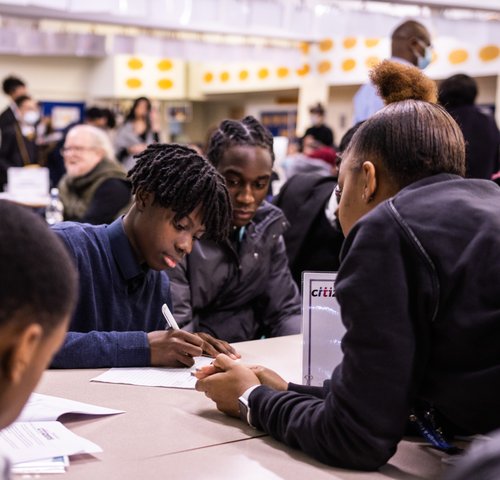Paris atrocity: a reaction
By The Rt Revd Adrian Newman and Dr Muhammad Abdul Bari MBE
Last week’s events in Paris unfolded at a horrifying speed. From hour to hour, new threats emerged, new groups were targeted, and new families lost a dearly-loved member.
The public response has been impressive, with people drawn together by a universal humanity and common cause – to protect freedom, condemn violence, and mourn the innocent dead.
Such expressions of unity are important, because attacks of this nature also breed anger and fear, both of which feed all too quickly on the easy scapegoat of prejudice.
Part of the collateral damage of events in Paris is the way that fear, distrust and hatred are sown between communities of difference. Demonstrations of solidarity must be strong and deep enough to resist this – one mass rally on the streets of Paris won’t achieve this, it will only come about through the slow, patient steps of building relationships across divisions of faith and culture. We must continue to unite across the very differences the terrorists turn into unbridgeable divides.
On Friday, the French Ambassador in London Sylvie Bermann wrote movingly in the Evening Standard that the displays of solidarity in London “have been remarkable and are a testament to the power of unity in the face of attempts to divide us.” Earlier the same day she had welcomed a delegation of Muslim, Jewish and Christian leaders into her Embassy to sign the book of condolences. These diverse leaders had been drawn together by their involvement in Citizens UK – an alliance involving people of many faiths and of none, united by their commitment to work together for the common good.
Exactly a week earlier, a similar delegation came together, not in mourning but in celebration. As Jews and Christians, Muslims and atheists involved in Citizens UK, we were marking an important success secured after six years of patient action – winning a cap on interest rates for payday loans.
The celebration one Friday and the act of solidarity a week later were the fruit of the same patient work. Relationships between different cultures and communities take time to nurture and develop. They flourish when we identify and act on issues of common concern. In doing so we come to experience each other not as strangers but as co-workers in the struggle for a fairer, better world.
We weave a stronger social fabric by working together outside the times of crisis and of terror – patiently building the relationships that will enable us to put an end to exploitative lending, to secure a Living Wage for low-paid workers, and to get a better deal for those who depend on Social Care. By weaving those bonds in times of peace, we create something strong enough to withstand the pressures of violence and hate.
We must not allow the anger and fear which terror generates to drive us further and further apart. Whatever else must happen, we need to renew our commitment to building a common life. Cities like London and Paris must take the lead in making diversity a strength and placing tolerance and respect at the heart of our shared life. These are values that can be shared by believer and atheist alike, building the solidarity we need to stand up to the forces of violence, hatred and division as we act together for the common good.
The Rt Revd Adrian Newman is Bishop of Stepney and a Trustee of Citizens UK. Dr Muhammad Abdul Bari MBE is former Chair of Trustees of the East London Mosque, a founding member of London Citizens, and is now a member of the Citizens UK Council.




